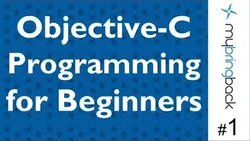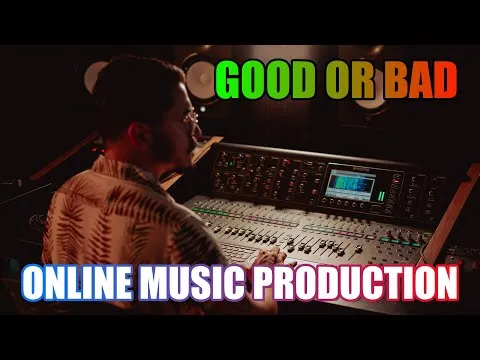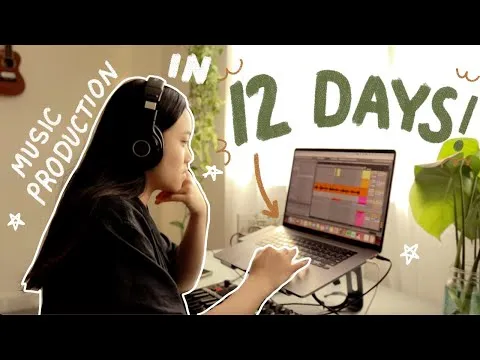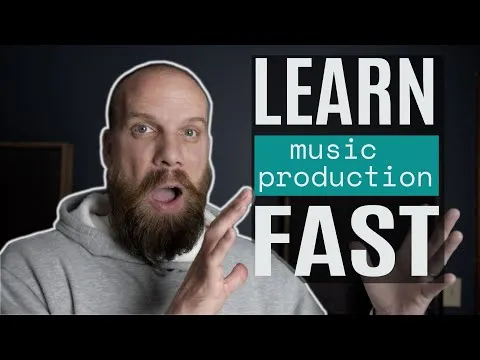
Trap Music Production: Drums Baselines and Melodies 
K Theory, a DJ producer duo, will teach you how to create your own trap beats in this class. Learn the fundamentals of trap music production, including drums, baselines, and melodies, and become a part of the trap music movement. ▼
ADVERTISEMENT
Course Feature
![]() Cost:
Cost:
Free Trial
![]() Provider:
Provider:
Skillshare
![]() Certificate:
Certificate:
Paid Certification
![]() Language:
Language:
English
![]() Start Date:
Start Date:
Self Paced
Course Overview
❗The content presented here is sourced directly from Skillshare platform. For comprehensive course details, including enrollment information, simply click on the 'Go to class' link on our website.
Updated in [March 06th, 2023]
This course, Trap Music Production: Drums Baselines and Melodies, provides an overview of the fundamentals of beat making. Participants will learn how to organize their program for efficient and effective beat making, understand go-to drum patterns, design 808 patterns to make their track boom, and create chord progressions and use synths to create hooks and melodies. Templates and samples will be provided to help participants get started.
[Applications]
After taking this course, students will be able to apply their knowledge of trap music production to create their own beats. They will be able to use templates and samples to organize their program for efficient and effective beat making. They will understand go-to drum patterns and be able to design 808 patterns to make their track boom. Finally, they will be able to create chord progressions and use synths to create hooks and melodies.
[Career Paths]
1. Music Producer: Music producers are responsible for overseeing the entire production process of a song or album. They are responsible for selecting the right instruments, recording and mixing the audio, and ensuring the final product meets the artist’s vision. As the music industry continues to evolve, music producers are increasingly expected to have a wide range of skills, from sound engineering to music theory.
2. Audio Engineer: Audio engineers are responsible for recording, mixing, and mastering audio for a variety of projects. They use specialized software and hardware to capture and manipulate sound, and must have a strong understanding of acoustics and sound design. With the rise of streaming services, audio engineers are increasingly expected to have a deep understanding of digital audio workstations and audio compression.
3. Music Composer: Music composers are responsible for creating original music for a variety of projects, from film scores to video game soundtracks. They must have a strong understanding of music theory and composition, as well as the ability to create music that fits the project’s needs. As technology continues to evolve, music composers are increasingly expected to have a deep understanding of digital audio workstations and sound design.
4. Music Educator: Music educators are responsible for teaching music theory, composition, and performance to students of all ages. They must have a strong understanding of music theory and pedagogy, as well as the ability to effectively communicate their knowledge to students. With the rise of online learning, music educators are increasingly expected to have a deep understanding of digital audio workstations and audio production.
[Education Paths]
1. Bachelor of Music Production: This degree path provides students with the skills and knowledge to create and produce music in a professional setting. Students will learn the fundamentals of music production, including sound engineering, music theory, and music technology. Additionally, they will gain experience in recording, mixing, and mastering music. This degree path is becoming increasingly popular as the music industry continues to grow and evolve.
2. Bachelor of Audio Engineering: This degree path focuses on the technical aspects of music production, such as sound engineering, acoustics, and audio technology. Students will learn how to use audio equipment, create sound effects, and mix and master audio recordings. This degree path is ideal for those who want to work in the music industry as a sound engineer or audio technician.
3. Bachelor of Music Technology: This degree path focuses on the use of technology in music production. Students will learn how to use digital audio workstations, synthesizers, and other music technology tools to create and produce music. This degree path is ideal for those who want to work in the music industry as a producer, composer, or sound designer.
4. Bachelor of Music Business: This degree path focuses on the business side of the music industry. Students will learn about the music industry, music marketing, and music law. This degree path is ideal for those who want to work in the music industry as a manager, promoter, or label executive.
Pros & Cons

The content is understood well, indicating clear and effective explanations

Gratitude is expressed towards the instructors, suggesting their positive impact on the learning experience

None mentioned
Course Provider

Provider Skillshare's Stats at AZClass
Discussion and Reviews
0.0 (Based on 0 reviews)
Explore Similar Online Courses

Learn Objective C Programming Tutorials

Learning Research Skills

Python for Informatics: Exploring Information

Social Network Analysis

Introduction to Systematic Review and Meta-Analysis

The Analytics Edge

DCO042 - Python For Informatics

Causal Diagrams: Draw Your Assumptions Before Your Conclusions

Whole genome sequencing of bacterial genomes - tools and applications

online music production course good or bad

I Learn How to Produce Music in 12 DAYS!


Start your review of Trap Music Production: Drums Baselines and Melodies